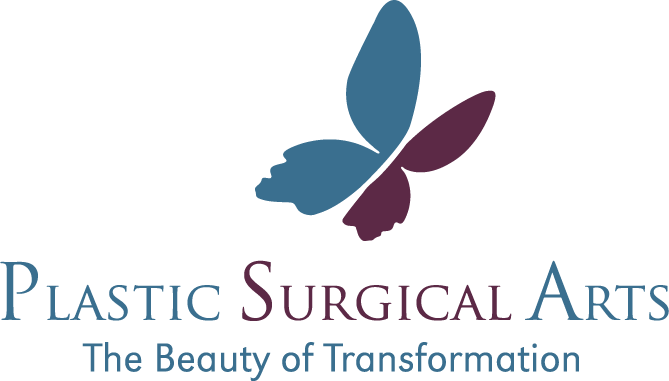
Facelift
-
A facelift is performed to improve facial wrinkles, sagging of the facial skin and fullness of the neck.
There are many techniques used to obtain these changes and no two facelifts are the same. Techniques like mini-facelifts, subperiosteal lifts, autofat (using your own fat from another area) and liposuction can all be used to obtain an individual result for you.
Results of a facelift can be dramatic or subtle depending on the patient and the desired goals of the procedure.
This procedure can be combined with other facial procedures under a single anesthetic.
-
If you’re feeling like your face no longer reflects your youthful spirit, a facelift might be right for you.
Other reasons to consider a facelift:
You have facial sagging and excess skin in the face, jawline and neck area.
You find the creases, lines and wrinkles around the nose, mouth and chin bothersome.
-
In evaluating you for a facelift, your surgeon will assess the thickness, texture and elasticity of your skin, as well as the severity of wrinkles and folds. Your hairline will be examined to determine where incisions can be discreetly placed and your bone structure and underlying tissues will be considered in developing your individual surgical plan.
Your surgeon may discuss with you additional procedures that can be performed in conjunction with your facelift in order to address all of your concerns. For example, a facelift is frequently combined with a forehead lift, eyelid surgery, or other non-invasive procedures such as filler.
-
Your facelift will be performed at one of the Lincoln outpatient or ambulatory centers. You will need someone to drive you after your surgery.
Medications are administered for your comfort during the procedure. You and your surgeon will have decided in advance what type of anesthesia is to be used—either intravenous sedation or general anesthesia will be used.
You will be monitored closely during your surgery by the surgical team.
When surgery is completed, you will be taken into a recovery area where you will continue to be closely monitored.
Your incisions will be covered and you may have a compression garment or wrap. A small tube may be placed beneath the skin behind one or both ears to drain away any excess blood or fluid.
You most likely will be permitted to return home after a few hours, although some patients choose to stay overnight.
-
You will be very swollen and bruised for several days after surgery and should keep your head elevated between 48-72 degrees at all times after surgery, even while sleeping.
You may use extra pillows or a reclining chair for this purpose. You may also use cool packs for 20-minute periods (20 minutes on and 40 minutes off). Frozen vegetables wrapped in a towel make excellent cool packs. It is important to not overdo application of cold so as not to diminish blood circulation to the skin.
You should refrain from bending, lifting or any strenuous activity for the first 3-4 weeks following your procedure.
In most instances, you will be able to resume the majority of your normal activities within two weeks and exercise three to four weeks after surgery.
You will be instructed to temporarily avoid exposure to direct sunlight and, for the long-term, to be conscientious about the use of a sunblock to protect your skin.
Any sexual activity should be avoided for a minimum of two weeks, and your plastic surgeon may advise you to wait longer.
-
The results of your facelift may be dramatic or subtle, depending on how you look before surgery as well as the specific goals that you and your plastic surgeon have established.
Since the healing process is gradual, you should expect to wait at least several weeks for an accurate picture of your new look. Additional minor changes, or settling, may occur over the next several months.
Though a facelift is permanent, genes, skin quality and the natural effects of aging are all factors in the longevity of your results. Most facelift patients are very satisfied with the results for many years.
-
TO PRINT THESE INSTRUCTIONS CLICK HERE.
Eat and drink as you feel comfortable, but avoid anything that makes you open your mouth widely to eat it.
Its perfectly okay to shower normally, but do not submerge your incisions under water until advised by your physician.
No real special care is needed to the incision.
You can expect moderate discomfort, tightness, and some swelling.
Call the office {(402) 483-2572} if you have:
Excessive tightness
Excessive swelling
Discoloration of the skin other than normal bruising
Large amounts of drainage
Fevers or chills
There is always a doctor on call after hours to answer any urgent questions or concerns you may have.
Photos Coming Soon
WE NOW OFFER FINANCING THROUGH PATIENTFI!
PatientFi performs a ‘soft credit inquiry’ so applying does not affect your credit score unless you accept one of the offers.
We offer four plans:
6-month / 0% interest
or 12, 24, & 36-month plans with interest rates determined based on your individual credit history.


